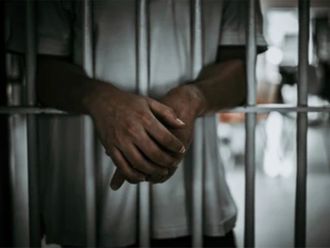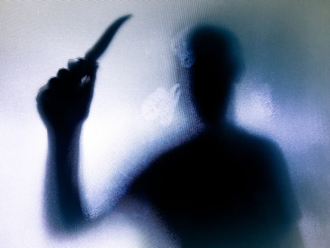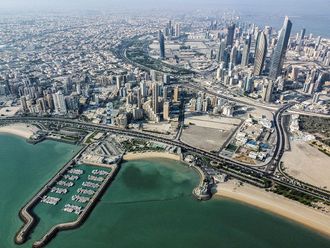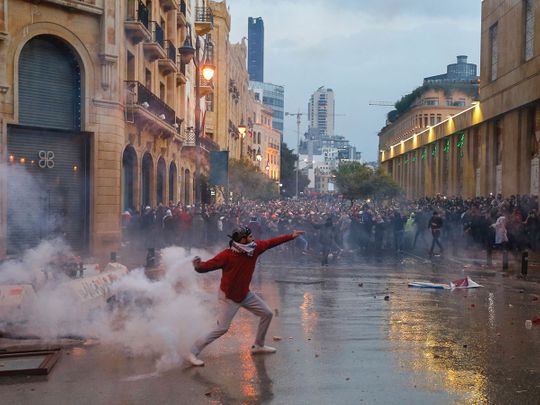
Beirut: Update: More than 160 were wounded in Lebanon capital clashes, as per Red Cross' estimates on Saturday after police clashed with protesters angered by delays in forming a government as anti-establishment demonstrations enter a fourth month.
The protest movement rocking Lebanon since October 17 revived this week as a deepening economic crisis increases pressure to form a new government.
No progress appears to have been made towards finalising the cabinet, which protesters demand be comprised of independent experts and exclude all established political parties.
On Saturday evening, fire tore through protest tents in an iconic square in central Beirut. What caused the blaze was not immediately clear.
Lebanon's Interior Minister Raya el-Hassan said it was unacceptable for protesters to attack security forces as the two sides clashed in central Beirut on Saturday night.
"I always asserted the right to protest, but for the protests to turn into a blatant assault on the security forces, on public and private property, is condemned and not acceptable at all," she said in a tweet.
Lebanon President calls on army to calm protesters
Lebanon's President Michel Aoun asked the army and security commanders to restore calm in central Beirut, where security forces clashed with protesters on Saturday night.
Aoun called on them "to protect the safety of peaceful protesters and of public and private property, and to restore calm to central Beirut," the president's office said.
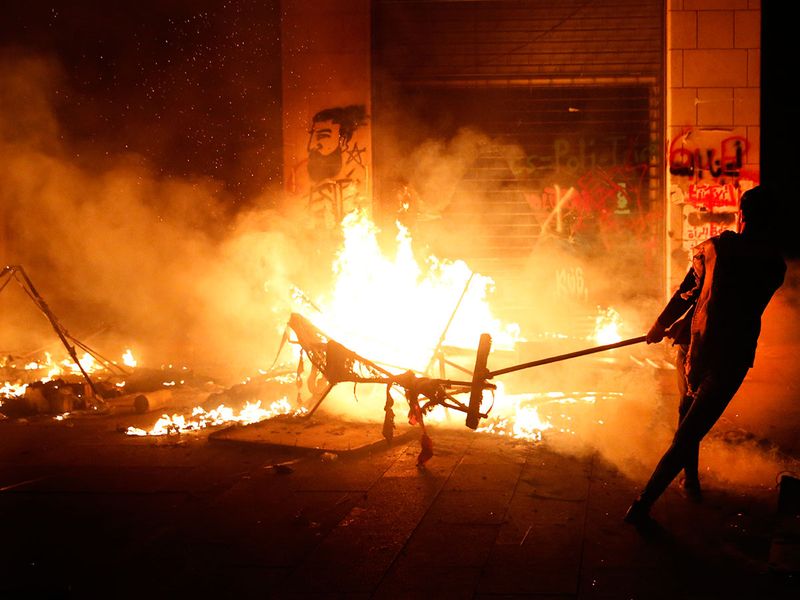
Lebanon protesters lob traffic signs at police
Tensions flared in Lebanon's capital Saturday as angry protesters flung stones, traffic signs and tree branches at security forces, who responded with water canons and tear gas.
The protest movement rocking Lebanon since October 17 has revived this week, over delays in forming a new cabinet to address the country's growing economic crisis.
No progress appears to have been made towards a final lineup, which protesters demand be comprised of independent experts and exclude all traditional political parties.
On Saturday afternoon, demonstrators set out from various spots in Beirut in a march towards the city centre under the slogan "We won't pay the price".
But before they all converged near the road leading to parliament, dozens of protesters flung rocks and plant pots filled with earth at the police guarding the institution, local television channels showed.
Security forces sprayed young men with two water cannons and lobbed tear gas over a metal fence to disperse remaining protesters on the wet tarmac.
"A direct and violent confrontation is taking place with anti-riot police at one of the entrances to parliament," the Internal Security Forces said on Twitter.
"We ask peaceful protesters to keep away from the site of the rioting for their safety."
An AFP photographer saw young men uproot parking metres.
He also saw around 10 people faint from the tear gas.
A female protester named Maya, 23, said she was attending the protest because politicians still seemed to be ignoring demands for an overhaul of the old political class.
"I'm here because after more than 90 days in the streets, they're still squabbling over their shares in government... It's as if they didn't see our movement," she told AFP.
"Popular anger is the solution," the young protester said.
Forming a new cabinet is often convoluted in Lebanon, where a complex system seeks to maintain balance between the country's many political parties and religious confessions.
But protesters say they want to scrap the old system, and demand only impartial technocrats staff a new government to address their growing economic woes, including a severe liquidity crisis.
The last government stepped down under pressure from the street on October 29, but has remained in a caretaker capacity until a new cabinet takes shape.
The World Bank has warned that the poverty rate in Lebanon could rise from a third to a half if the political crisis is not remedied fast.




